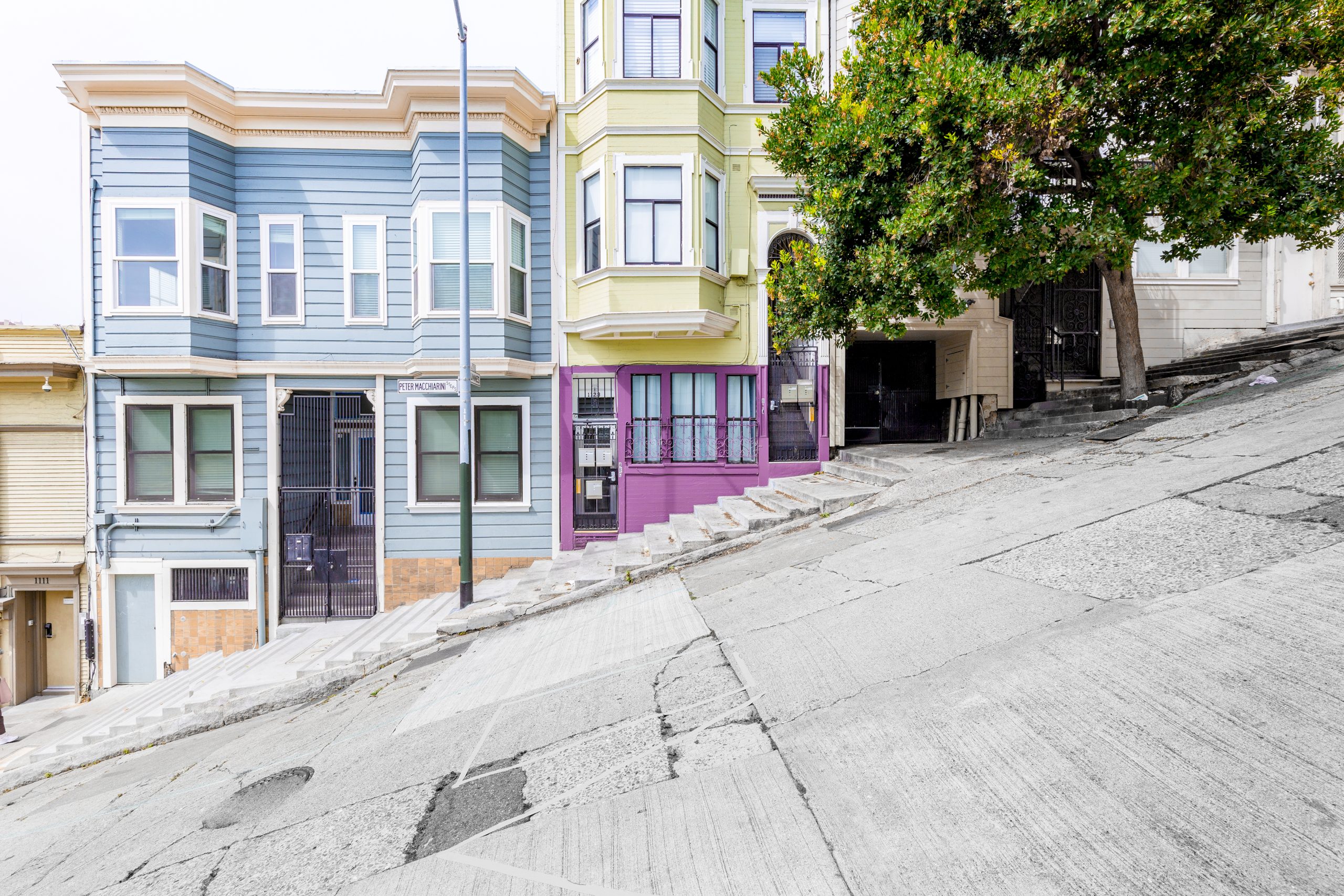On November 30, 2021, Supervisor Ahsha Safai introduced legislation that would allow up to four units on lots zoned RH-1(D), RH-1, and RH-2 with the addition of affordable housing for moderate-income families. This competes with Supervisor Rafael Mandelman’s fourplex legislation, which would allow up to four units in all RH zones without any affordability requirement. Supervisor Safai’s legislation takes a different approach that would require at least one deed-restricted middle-income housing unit in order to build a fourplex. Safai’s legislation would also allow exceptions to certain Planning Code requirements, provide priority processing, and eliminate 311 notice and discretionary review.
Specifically, the legislation would create what it calls the Affordable Housing Incentive Program, which would apply to lots that are (1) located in the RH-1(D), RH-1, or RH-2 districts, (2) within one mile of a major transit stop, and (3) no smaller than 2,500 square feet. In addition, the project cannot be subject to any other density bonus programs and any existing “protected” units, which includes rent controlled or affordable housing units, must be replaced.
Under the Program, one affordable housing unit is required to allow up to three units per lot and two affordable units are required to allow up to four units per lot. The affordable housing units must be provided at 110% of the area median income (“AMI”) for rental units, or 140% AMI for owned units. Currently, these income levels for a single person household translate to $102,600 and $130,550, respectively. At the 110% AMI level, base rent for a one-bedroom unit would be limited to $2,713 and $3,010 for a two-bedroom unit. The affordable units are also subject to certain size requirements.
In exchange for the affordable housing, the Program allows a variety of Code modifications and shorter processing times. For example, lots in the RH-1(D) and RH-1 zoning districts are currently limited to a height of 35 feet, but the Program would generally allow up to 40 feet. In addition, projects under the Program would be entitled to reduced rear yard, dwelling unit exposure, and open space requirements. The Planning Director may also grant minor exceptions from Code requirements to allow building mass to appropriately shift to respond to surrounding context when the proposed modification would not substantially reduce or increase the overall building envelope. Likewise, the provisions of the Residential Design Guidelines related to “building scale and form” and “building scale at the mid-block open space” would not apply.
To provide more certainty in the approval process, the Program requires projects to be approved within 180 days of submittal of a complete project application, unless an environmental impact report is required. It also eliminates 311 neighborhood notification and discretionary review. Instead, the only opportunity to appeal would be through the associated building permit.
The legislation is currently in a mandatory 30-day holding period before any Planning Commission or Board Committee hearings can take place. Meanwhile Supervisor Mandelman’s legislation has already advanced from the Planning Commission and is awaiting a Land Use Committee hearing date. It remains to be seen what version of the fourplex legislation will make it to the full Board.
Authored by Reuben, Junius & Rose, LLP Attorney Sabrina Eshaghi.
The issues discussed in this update are not intended to be legal advice and no attorney-client relationship is established with the recipient. Readers should consult with legal counsel before relying on any of the information contained herein. Reuben, Junius & Rose, LLP is a full service real estate law firm. We specialize in land use, development and entitlement law. We also provide a wide range of transactional services, including leasing, acquisitions and sales, formation of limited liability companies and other entities, lending/workout assistance, subdivision and condominium work.


